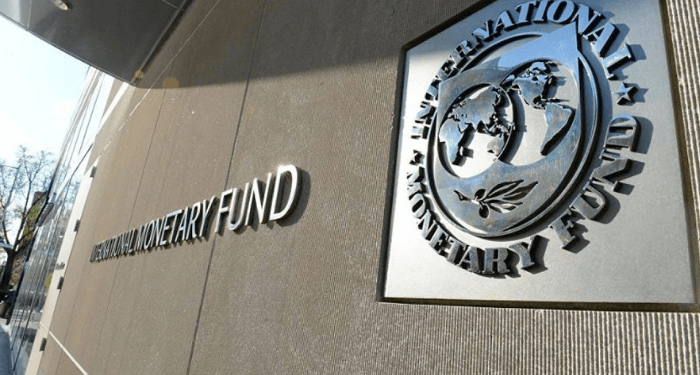IMF Endorses Ghana’s Fiscal Discipline and Reform Efforts Under Extended Credit Facility
The International Monetary Fund (IMF) has commended President John Mahama’s administration for what it describes as bold corrective actions aimed at keeping Ghana’s Extended Credit Facility (ECF) programme on track, following the completion of the Fourth Review of the facility by the Fund’s Executive Board.
In a statement, the IMF said the measures, combined with ongoing structural reforms and an improved external position, are expected to support Ghana’s objectives of restoring macroeconomic stability, rebuilding resilience, and fostering more inclusive and sustainable growth.
“The authorities are strongly committed to restoring fiscal discipline and addressing the structural weaknesses that led to past slippages,” the Fund noted. “They have passed a 2025 budget aligned with the programme’s goals and have enacted an enhanced fiscal responsibility framework. Staying the course of fiscal adjustment and completing the debt restructuring remain critical to ensuring fiscal sustainability.”
The IMF underscored the importance of improving domestic revenue mobilisation, tightening expenditure controls, and creating fiscal space for development priorities and strengthened social safety nets. It also called for urgent action to address long-standing challenges in the energy sector and to resolve related arrears, which it described as key to containing fiscal risks.
The Fund further highlighted Ghana’s progress in rebuilding international reserves and curbing inflation, but urged the Bank of Ghana to maintain a tight monetary stance until inflation is firmly anchored within target. It also encouraged the central bank to reduce its intervention in the foreign exchange market and adopt a formal internal policy framework for FX operations to allow greater exchange rate flexibility.
Turning to financial sector stability, the IMF noted the government’s intensified efforts to address undercapitalised banks but stressed that more is required. It called for the full implementation of the plan to strengthen the National Investment Bank, completion of reforms to ensure the viability of state-owned banks, and the development of contingency plans for institutions unable to recapitalise.
“Efforts to improve the crisis management and resolution framework, bolster financial sector safety nets, and address legacy issues in specialised deposit-taking institutions are also of vital importance,” the IMF added.
The completion of the Fourth Review allows Ghana to access further disbursements under the ECF programme as the country continues its path towards economic recovery amid challenging global and domestic conditions.








